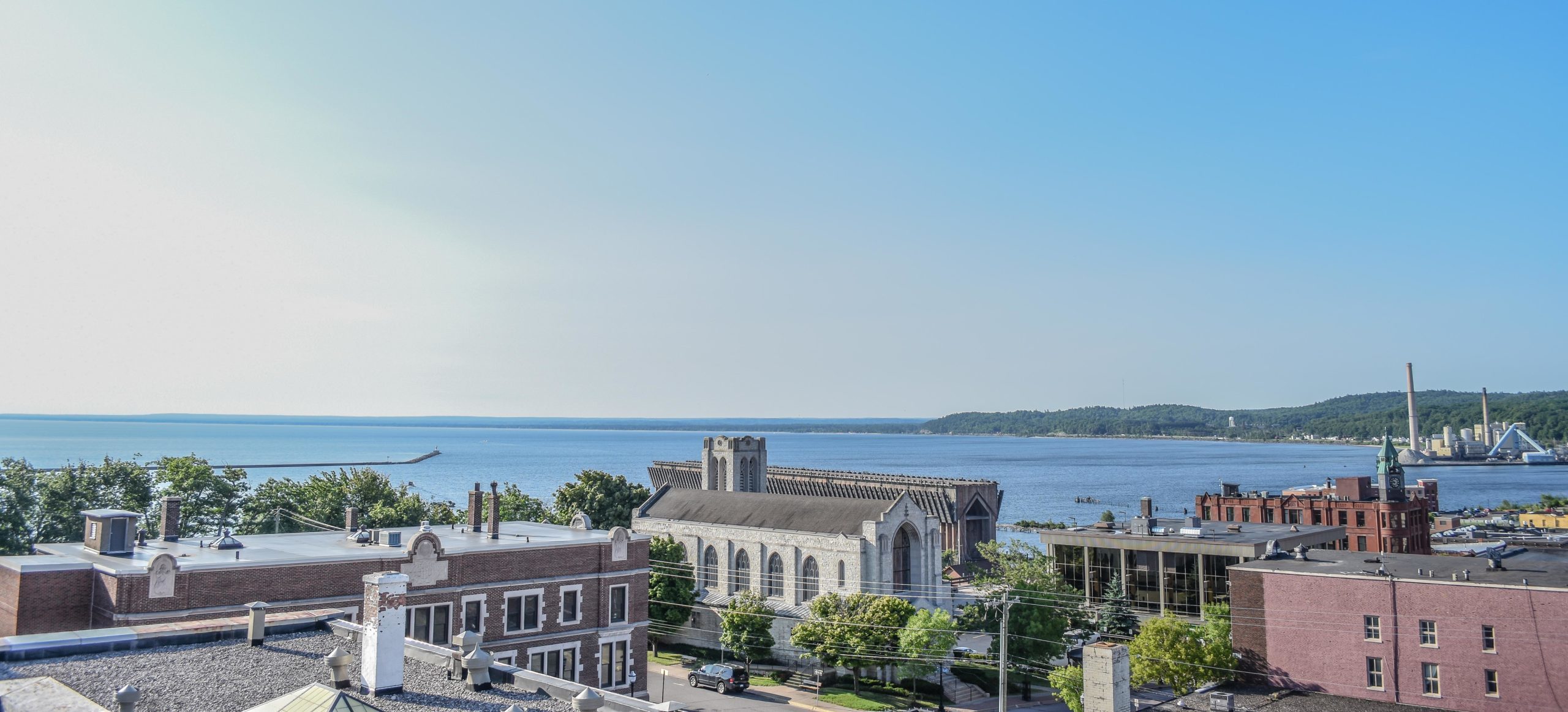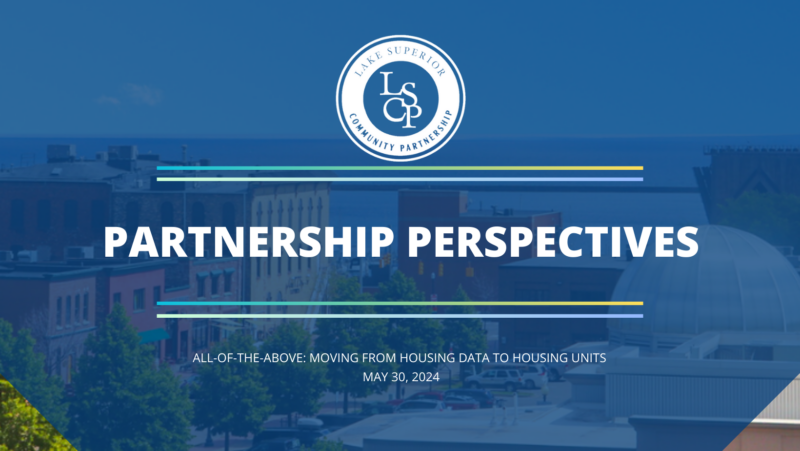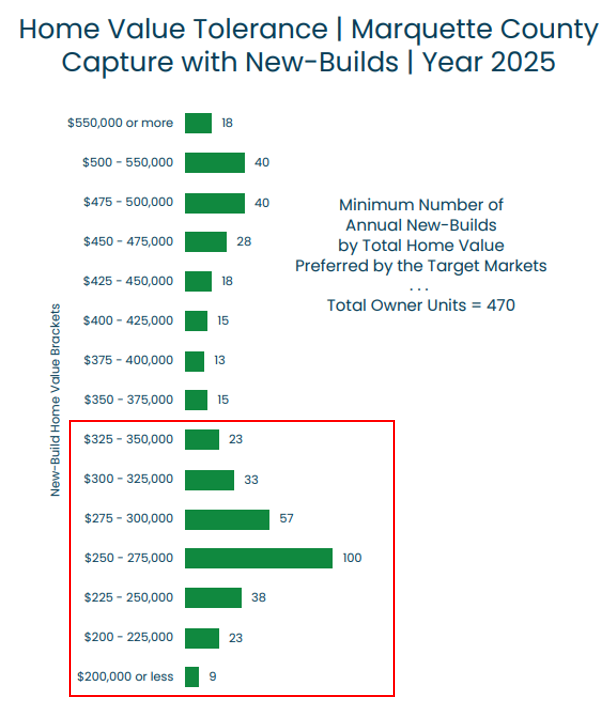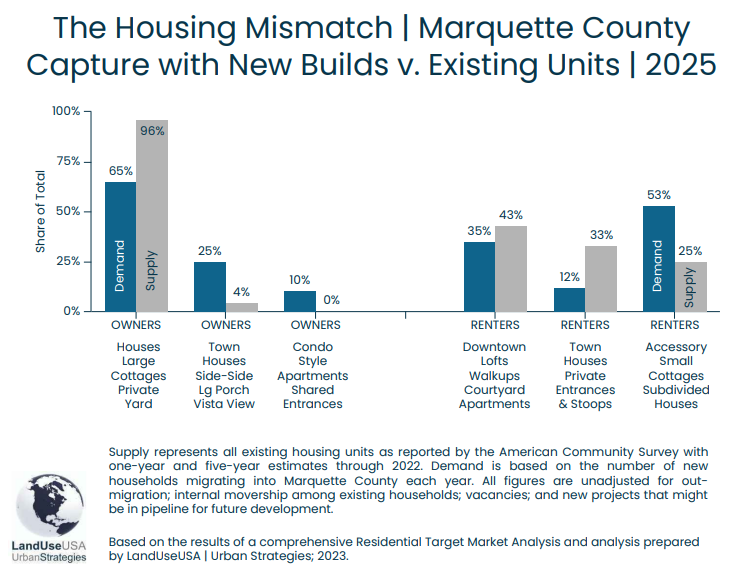All-of-the-Above: Moving from Housing Data to Housing Units
Posted by Lake Superior Community Partnership on June 5, 2024
All-of-the-Above: Moving from Housing Data to Housing Units
On May 23, approximately 60 local officials, finance institutions, developers, community partners, and others came together at the Northern Center to take a deep dive in the recently release Housing Target Market Analysis (TMA) documents. The TMA, which is comprised of three data-intensive documents, was six months in the making and served as a collaborative project funded by seven local governments, the Marquette County Land Bank Authority, LSCP Chairman’s Circle, Community Foundation of Marquette County, DTE Foundation and a $50,000 Rural Development Fund grant from the Michigan Department of Agriculture and Rural Development (MDARD).
The big takeaway from the TMA: Marquette County’s housing market can absorb up to 980 new units and 1,445 rehabilitated units every year for the next five years. That’s over 10,000 units. Those numbers are a scale we’ve never seen before in Marquette County and while there are always caveats to consider, the message is clear: we need more housing, and we need it now.
That we need new housing is not a new concept. In fact, the LSCP has been hosting the Intergovernmental Housing Taskforce for several years, seeking to work directly with local governments to move the needle on new housing units. But we now have a high-level target backed by data and troves of additional data on housing types, price tolerance, demographic trends, building costs, and more. It’s all now available at www.marquette.org/housing.
One notable trend in the data is that the demand (tolerance) for housing units does not match the cost of building new units. Simply looking at the chart below and assuming a price per square foot of $350 (a rough estimate) to build new, a 1,000 square foot new home at the current market rate would be out of reach for 60% of those seeking owner-occupied new homes:
The same story holds true for building new apartments. While the City of Marquette is generally more expensive than in other areas of the county (and can command higher market prices), we see a mismatch in cost vs tolerance throughout the county.
There’s also a mismatch between what’s available now and what market data suggests owners and renters want:
After several hours of digging into the data, we now know we have a valuable tool at our finger tips that can change the early-stage discussions with developers and also guide local policy. The question for us now becomes, what other barriers do we face, and how do we move the needle to not only help get new units down to the tiers with the most demand but also to adjust the housing type mismatch to allow for and encourage new types of housing?
At the LSCP, we see several actions necessary to achieve our shared goal of more units at all price points, including:
- Ensuring local zoning ordinances are up-to-date and flexible while adhering to community visions and goals. This may entail some difficult conversations, especially during planning processes, which are critical for informing what zoning codes should include. In particular, we encourage local communities to ensure their zoning codes allow for: ‘gentle density’ such as duplexes, triplexes, and quads, which still look and feel like single-family homes; cottage developments, which are smaller format homes with shared courtyard spaces; different building types such as container housing; and accessory dwelling units which allow for smaller units and for existing homeowners to generate revenue. Removing minimum lot sizes, minimum square footage requirements, and significant setbacks will also help developers be more creative in how they design in-fill housing projects.
-
- If you’re looking for a great read on this topic, check out “Unleash the Swarm,” published by Strong Towns in 2021.
- Investing in sufficient resources for local government building officials to conduct timely review of development plans and inspections necessary to issue appropriate permits and certificates. This includes having sufficient budgets, modern software, and streamlined processes like those recommended through the Redevelopment Ready Communities process.
- Maximizing efforts to pursue state and federal funding for new housing development, including the new MI Neighborhood grant program, Missing Middle Housing grants, Opportunity Zones, and tax increment financing.
- Continuing efforts to grow our local pool of emerging developers and skilled trades
- Encouraging continued policy changes in state government that can expand tools for local use, such as Senate Bill 293 which would expand the use of Housing and Community Development Fund tools to support housing for those up to 120% of the area’s median income.
- Exploring new ways to build housing, including opportunities to reduce the build time from permit to occupancy. This could include prefabricated components, new materials (such as shipping containers), and ideas were probably haven’t even thought of yet.
- Enhancing efforts to educate ourselves on the complexity of this issue and how we all have a role to play. To this end, the LSCP has committed to bringing in others from outside our area who are doing innovative around –housing things.
On that last item, we’ve already begun to enhance our local access to knowledge by planning a new speaker series. First up, on May 23rd, was Nicole Wilson (Vice President of Economic Development for the Midland Business Alliance) to talk about their efforts to form a coalition of public, non-profit, and for-profit partners under the Housing Forward initiative as a way to better support the creation of additional workforce housing in the area. Throughout the year, we hope to plan similar events and hear from individuals responsible for other organizations such as Housing North, Housing Next, the Michigan State Housing Development Authority (MSHDA) and more.
It’s important to note that the LSCP is just one of many partners working to add more housing throughout Marquette County. No conversation would be complete without acknowledging the vital work being done by others, including the Marquette County Land Bank Authority, Central Upper Peninsula Regional Planning Agency (CUPPAD), Community Action Alger Marquette (CAAM), Habitat for Humanity, multiple partners tackling homeless, local officials, local developers, those who show up at meetings and say “yes, in my background” to support new housing, and so many more. For all the work they are doing, we say thank you. Those efforts do not go unnoticed.
The data is just the beginning. It’s now up to all of us to keep this momentum going and move from ideas into action. From organizing emerging developer meetups and implementing our housing strategy to hiring a dedicated housing specialist at the Marquette County Land Bank Authority and accessing new funding sources, we’re making strides. But we have more work to do. We hope you’ll join us.
Learn more by visiting www.marquette.org/housing.
